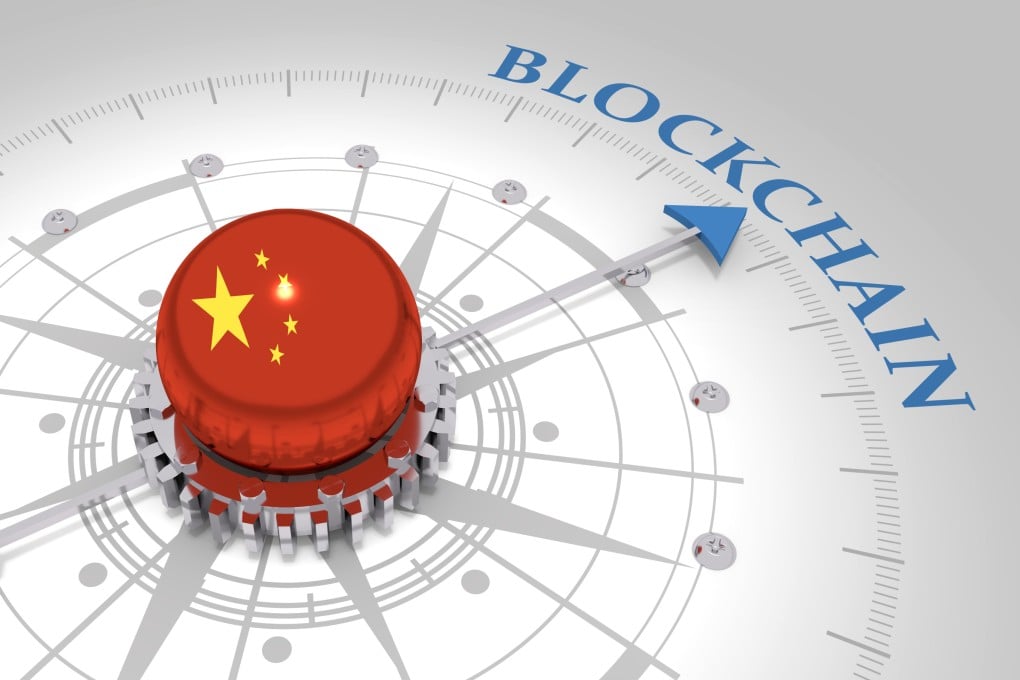China makes up 84 per cent of blockchain applications worldwide, state official says, but only a fifth are approved
- An official at China’s industry regulator did not give a timeline for the figure, but he touted blockchain’s advantage in service integration
- The comments show Beijing’s continued commitment to blockchain technology despite a strict ban on cryptocurrencies

Wang Jianwei, deputy director of the Ministry of Industry and Information Technology’s information technology development office, disclosed the figure on Tuesday without specifying the time frame. He added that blockchain “accelerates integration with the economy, services for people’s livelihoods, smart cities and administrative services”.
“Many of the blockchain patents don’t apply to blockchain only, but also traditional internet technology, such as privacy computing and cryptography”, said Gao Chengshi, a cryptography expert who is a founding partner of blockchain developer Shanghai Hashvalue Information Technology.
From 2015 through June 2021, blockchain patent applications from China accounted for nearly 60 per cent of the global total, followed by the US and South Korea, according to a report by think tank 01Caijing and patent consultancy PatSnap.
However, only 19 per cent of China’s applications wound up being approved, while US and South Korean applications had approval rates of 26 per cent and 43 per cent, respectively, according to the report.